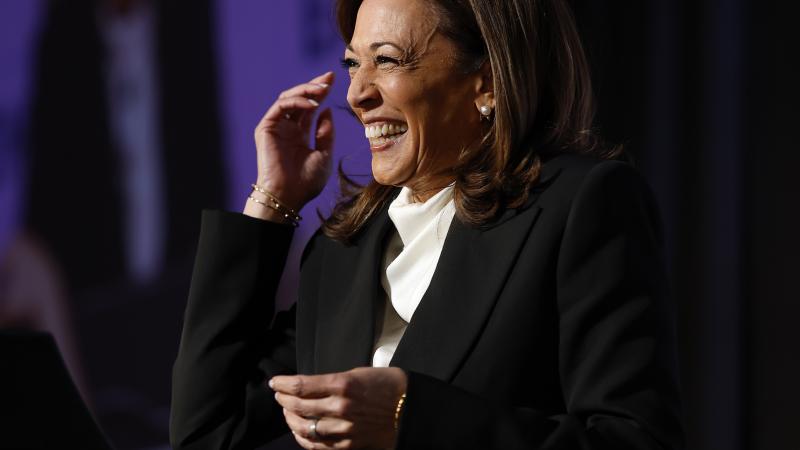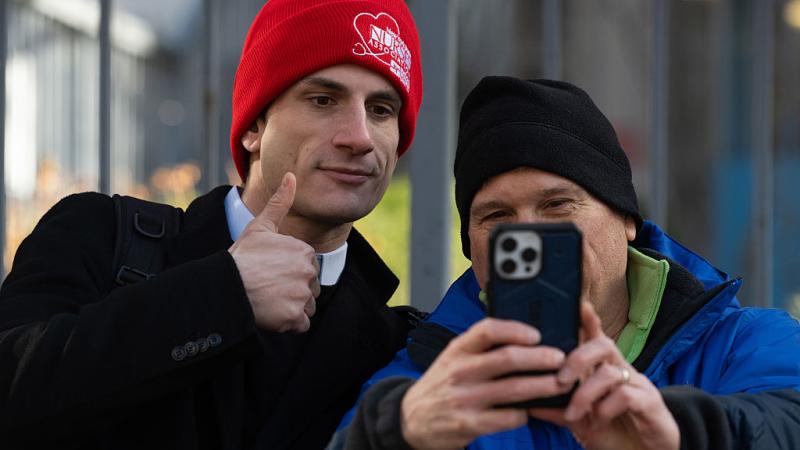New York Times admits using different standards on Biden, Kavanaugh sexual misconduct allegations
Executive editor Dean Baquet acknowledges paper allowed Biden camp final edits on past inappropriate behavior
New York Times executive editor Dean Baquet explained Monday why his newspaper took 19 days to publish a story on a 1993 sexual assault allegation against Democratic presidential candidate Joe Biden, saying he wanted to wait until his reporters had a complete story.
The Times published the story on Sunday, detailing the allegation by Tara Reade, a congressional aide when Biden was a senator. Reade initially discussed her accusation on a podcast on March 25.
The Times’ media critic, Ben Smith, interviewed Baquet to ask why it took the paper nearly three weeks to publish or post anything about the accusation against the now Democratic presumptive presidential nominee – not even so much as trigger a news alert.
Baquet responds by saying that “lots of people covered it as breaking news at the time,” but he didn’t think the reporting was strong enough anywhere (aside from The Intercept) to help the public understand the story, which is what he wanted the Times to be able to do.
Baquet responds by saying that “lots of people covered it as breaking news at the time,” but he didn’t think the reporting was strong enough anywhere (aside from The Intercept) to help the public understand the story, which is what he wanted the Times to be able to do.
Baquet, who has overseen the Times’ coverage of the #MeToo movement was asked by Smith why coverage of Justice Brett Kavanaugh’s accusers was published immediately. Smith specifically cites the allegations by Julie Swetnick, represented at the time by Michael Avenatti. The Times published her accusations the same day that she publicly made them, despite being unable to corroborate them independently. Swetnick would go on to significantly roll back the extent of the allegations she made.
Baquet called the Kavanaugh case “the biggest political story in the country,” implying that it would be covered by the paper differently than the Tara Reade case, with which Americans are generally less familiar. “It was just a different news judgment moment,” continues Baquet.
“Kavanaugh was a running, hot story. I don’t think it’s that the ethical standards were different. I think the news judgments had to be made from a different perspective in a running hot story,” concluded the executive editor.
Smith presses Baquet on the bias question when he asks if the editor was reluctant to promote a story that could help Donald Trump win re-election in November.
“I can’t make that calculation. I won’t. I won’t let my head or my heart go there. I think once you start making those kinds of calculation, you are not a journalist anymore. you’re some sort of political actor,” replied Baquet.
Later on in the interview, Baquet confirms that the Times made an edit to the story post-publication at the behest of the Biden campaign.
It is also worth noting that, unlike any of their previous #MeToo reports, the Times decided to use the allegations of sexual assault leveled against President Trump as a framing device for the article about Biden.
















